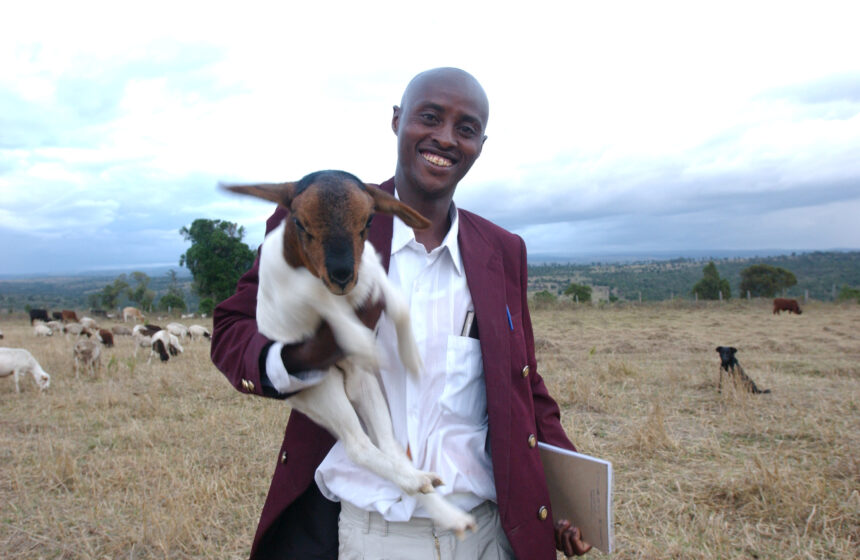I have written numerous articles almost every Tuesday since July 2022, summarising the most critical takeaways for farmers and all those within the agricultural value chain.
As we now approach the festive season, which is a time of celebration, reflection and completing all farming projects, we must exchange notes and ideas on how to keep our operations afloat and feasible.
I must reiterate that farming is integral to the African identity and has the potential to be profitable and sustainable when approached with a business mindset.
We always say ‘Thank a farmer for all the meals you have eaten today’. As farmers, we play a significant role in elevating hunger as one of the sustainable development goals.
Our continued efforts have an impact on the national food security.
When managed properly, farming offers significant financial returns.
African farmers are well-positioned to thrive in this dynamic industry.
At times, we do it through conversation and consultation with farmers.
We make the comparison between two distinctive investment options, property or farming.
Normally, most farmers argue in favour of the latter.
However, that is a discussion for another day.
Our focus today is to emphasise the best possible practices for profitable and sustainable farming, which are financial planning, risk management and continuous improvement of the skills of farmers.
These may aid their operations to remain viable and sustainable.
Determining the annual cost of farming is the cornerstone of financial stability and the first stage in financial planning.
Thereafter, it is important to create a plan of how much you are going to sell in terms of your livestock or crops to determine your annual sales and see whether you can reach a break-even point.
Once you have that sorted out, you must then turn to your savings account, and instruct your banker to pay your account every month based on the annual balance.
For example, if say your annual cost of farming is N$350 000, this would mean your monthly income will be N$350 000 divided by 12 months, which is N$29 166.67.
This will help you manage your monthly farming expenses and avoid having to sell your livestock every month or every other time to survive.
Below are some additional tips that farmers must consider.
Develop a farming plan and budget.
Check and adjust plans and budget.
Separate farming and personal finances.
Determine annual farming costs and sales.
Manage farming working capital.
Manage debt.
Have an emergency fund.
Diversify farming activities.
Consider training in farming.
I will elaborate on each point in more detail in the next column.
*Mekupi Kambatuku is a managing consultant at Simpli Business Advisory. She can be reached at admin@simpliadvisory.com.



